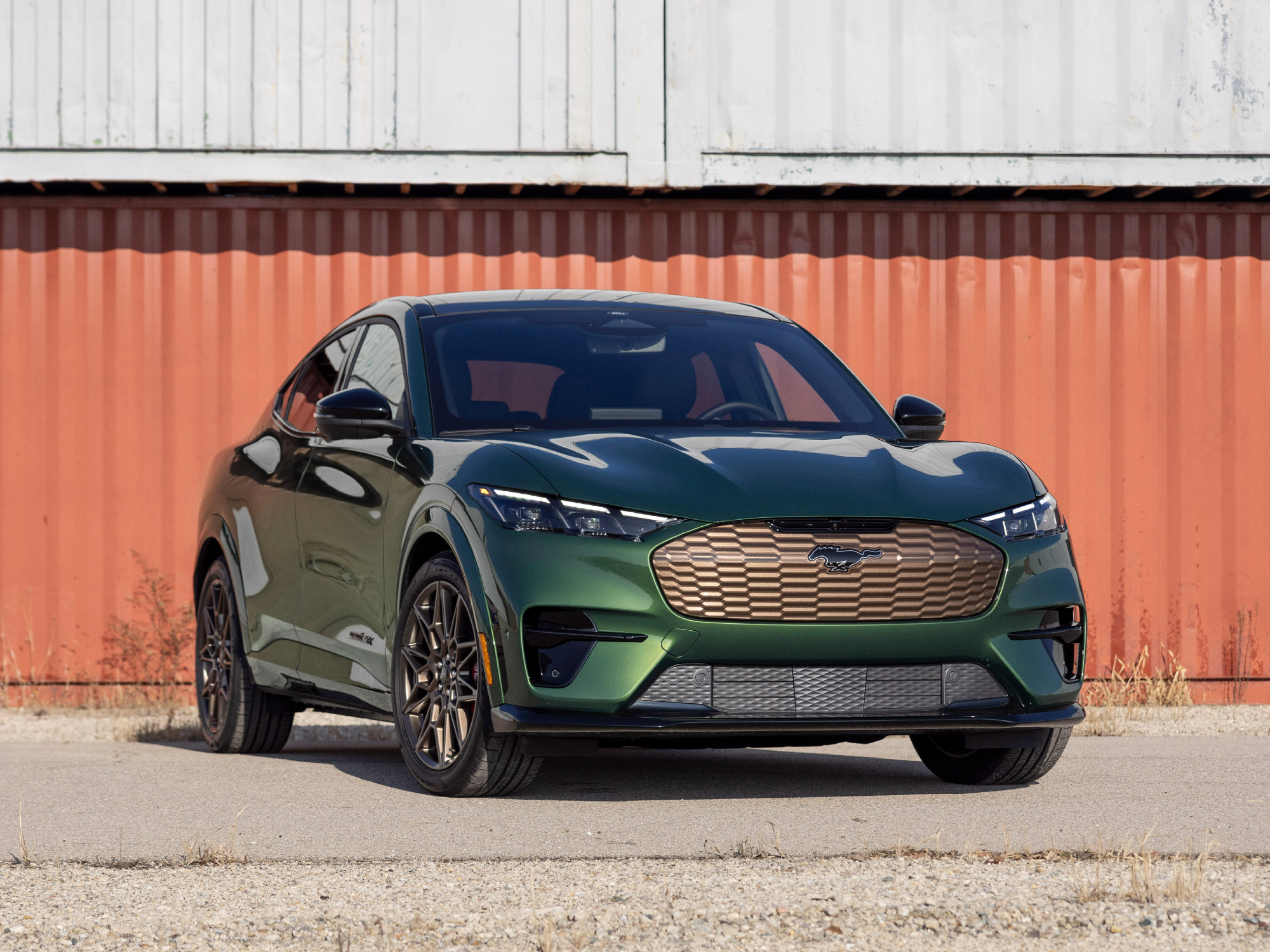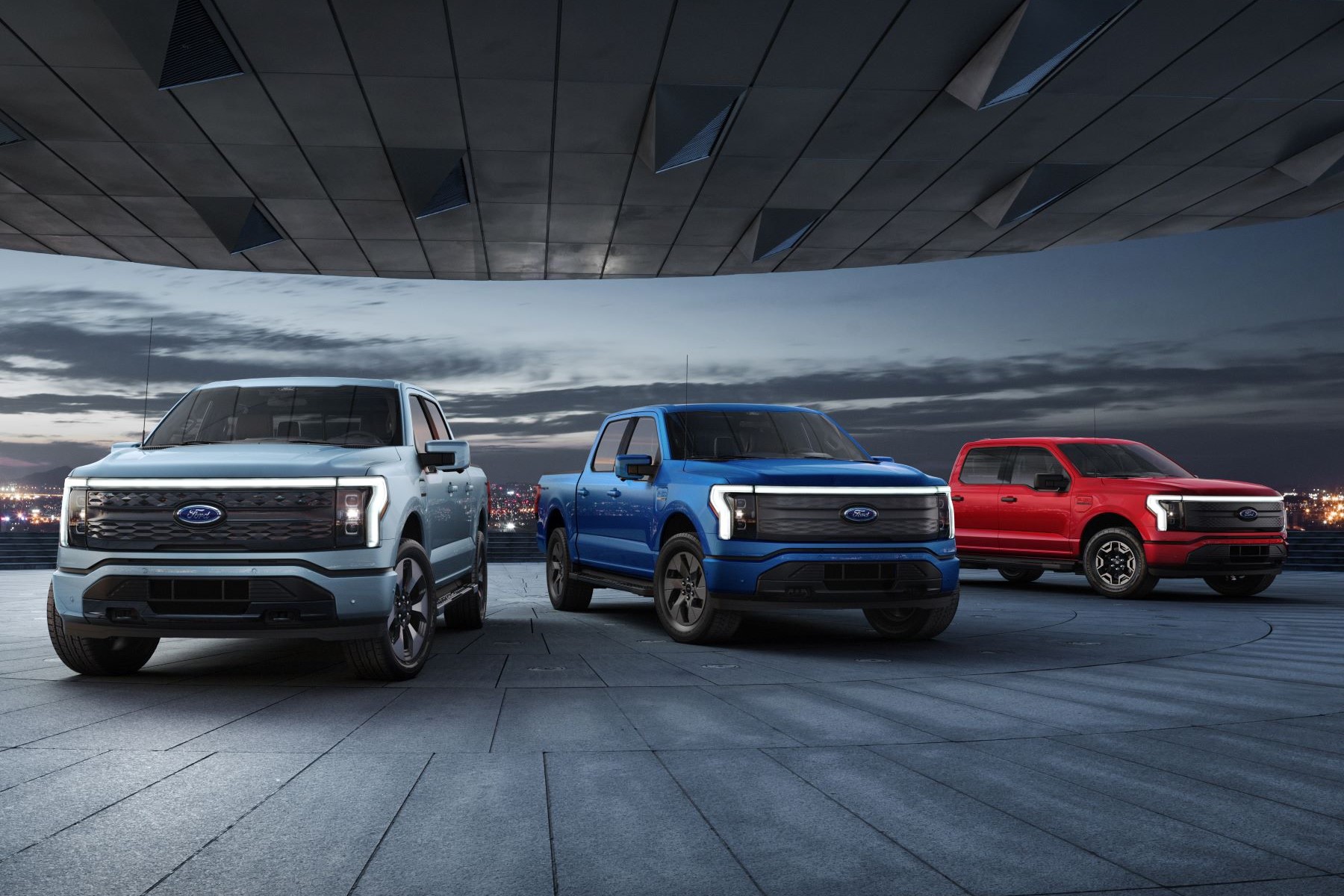
Ford Motor Company recently released an update on its global EV and hybrid manufacturing plants and plans. Given rampant reports of industry-wide EV sales slowdowns and automakers announcing changes in their electrification strategies, Ford’s open presentation is fresh air. Details of Ford’s programs for EV, hybrid, and ICE vehicles follow the outline Ford CEO Jim Farley shared with investors during a quarterly earnings call in early February 2024.
Why Ford’s continued EV focus matters

Global electrification of the automobile industry is a given, but in these still-early days in the transition, corporate messaging can either add to the confusion or calm hypersensitive observers. It’s easy to report that X company’s EV sales are down one month, but if direct competitors began selling new electric models during the same period, apparently contradictory headlines can both be accurate. With current electric vehicle sales reporting, traditional year-0ver-year comparisons have little value, and even quarter-to-quarter metrics are suspect.
As companies such as Ford focus, adjust, and fine-tune their strategies, no major automotive entity that expects to survive the 2030s will stop investing in an EV future. It takes too long to build massive new production facilities and to bring them online to put it off, waiting for a few quarters of unqualified successes. Ford and other automakers announce factory line conversions to favor market actions and opportunities. However, shifting and retooling a manufacturing line isn’t an overnight process, even without dramatic powertrain conversions.
Ford announced plans and programs for assembly plants in Ontario, Tennessee, and Ohio and battery manufacturing in Michigan, Tennessee, and Kentucky. In addition, Ford’s skunkworks team in California continues to focus on an EV platform for smaller, lower-cost vehicles.
Revision and refocus in Ontario, Canada

During Q2 2024, Ford will begin transforming an ICE vehicle assembly plant in Ontario to produce three-row EVs eventually. The timeline for the large electric SUV has been pushed back. Previously set to start production in 2025, the schedule has been adjusted to begin in 2027. Ford states the time shift will “allow for the consumer market for three-row EVs to further develop.” Ford also plans to use the extra time to incorporate new battery technologies in the EVs to increase their value and long-term use.
Blue Oval City, Tennessee

Ford’s Tennessee EV complex will be home to the Tennessee Electric Vehicle Center. Designed to increase quality and efficiency through automation and connectivity, this will be Ford’s initial industry 4.0 plant. The Blue Oval City campus will also include metal stamping, paint, and vehicle assembly for Ford’s next-generation BEV truck.
Electric commercial vehicles built in Ohio

Ford has a large share of the commercial vehicle business. The Ford Pro division is currently expanding an existing assembly plant in Ohio to be ready to manufacture a new BEV specifically for Ford Pro commercial customers.



